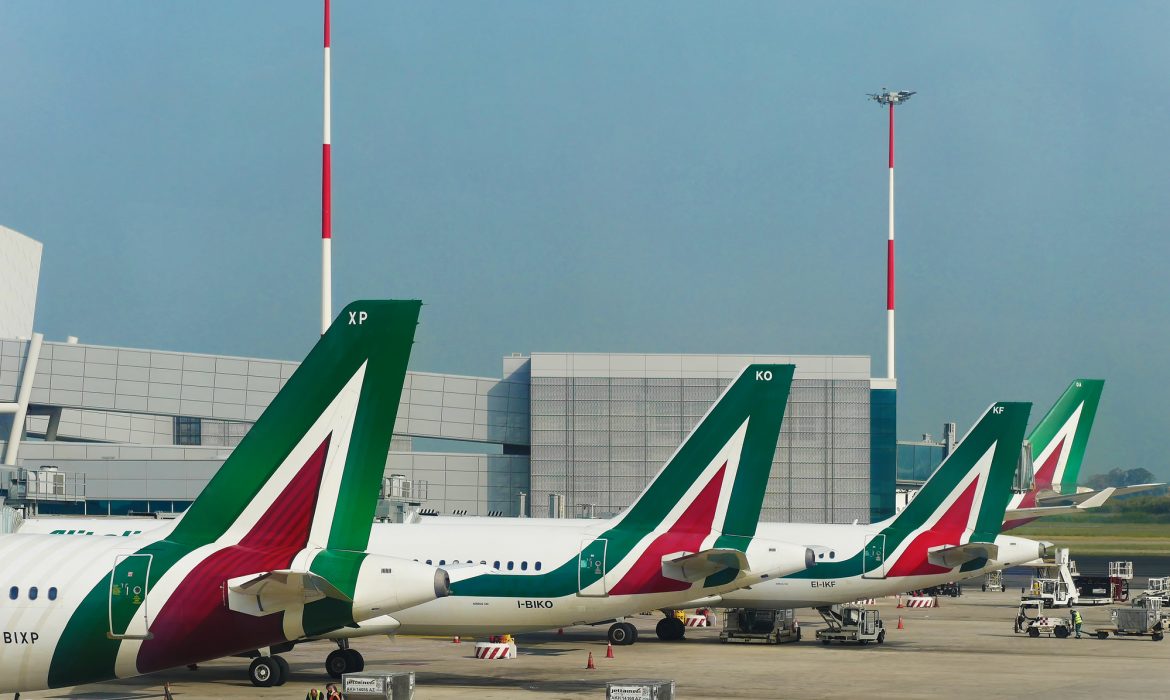The Italian airport operators association, Assaeroporti, said on Thursday proposals to keep some seats empty on planes for social distancing would not be workable if only imposed by Italy and would make the domestic sector vulnerable to foreign rivals.
Italy, which has been hit harder by the coronavirus crisis than many countries, passed a decree last week stating social distancing should be applied in airports and on aircraft.
The European Union’s executive is expected to present a set of rules next month for the safe reopening of air travel when coronavirus lockdowns draw to an end, including social distancing in airports and on planes. No rules are yet in place.
Airlines have raised concerns that such measures could blight profitability long after travel restrictions end.
“The social distancing on board of aircraft is not sustainable,” Assaeroporti Vice President Vicar Fulvio Cavalleri said in a statement, adding that any measure imposed only by Italy would disrupt traffic to and from the country.
Assaeroporti said the number of passengers travelling to and from Italy fell 85% year on year in March to 2.082 million.
The Italian association said safety procedures around the world were not homogeneous and could cause disadvantages.
“It is essential that the health prevention measures adopted in our country within airports and aircraft are consistent with those defined or in the process of being defined at international and European level,” it said.
The International Air Transport Association (IATA), which represents airlines around the world, has estimated the crisis could cost airlines $314 billion.
Alitalia said it was already respecting social distancing on flights coming to Italy and would apply them on domestic flights starting from May 4.
This would restrict the load factor on planes, a measure their capacity, to no more than 55%, it said.
Ryanair Chief Executive Michael O’Leary has described proposals for planes to fly with empty middle seats after coronavirus travel restrictions end as “mad,” saying they would be “hopelessly ineffective” and unaffordable.






